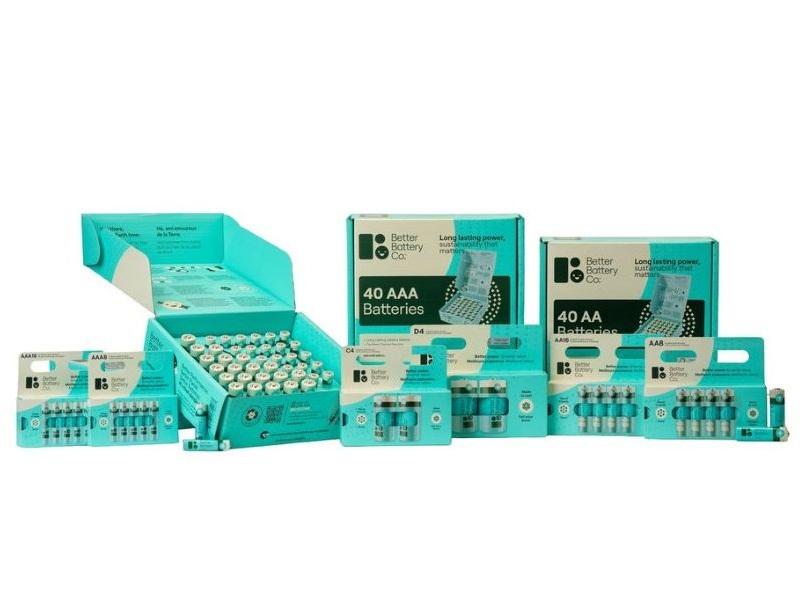
The Parkland Q4 2021 report (Screenshot via Parkland Corporation)
To reduce its emissions, Parkland Corporation has announced its Burnaby Refinery co-processed a record 86 million litres of bio feedstocks to convert to renewable energy sources.
Announced in its Q4 2021 report, the update underscores the gas supplier’s commitment to reaching its greenhouse gas emission reduction targets and helping companies decarbonize their energy use.
Over the last several years, Parkland (PKI-T) has positioned itself as a leader in renewable fuel sources through investments in EV charging sites at its gas stations and its growing carbon offset business.
Using animal fat and canola as a feedstock used for renewable fuel production, the Burnaby Refinery removed the equivalent effect of 70,000 cars from the road. This, despite being responsible for 55,000 barrels per day of crude and synthetic oil, turned into gasoline, diesel, jet fuels, asphalts, heating fuels, heavy fuel oils, butanes and propane.
Still, Parkland has more than doubled its fuel production since 2019. This summer, the company committed to building B.C.’s largest network of EV ultra-fast chargers using energy from biodiesel production.
Parkland committed to sustainability goals
Parkland’s effort landed it an AA ESG Rating from Morgan Stanley Capital International (MSCI), representing the top 17 per cent of the index constituents. Bob Espey, president and CEO, said that while the B.C. floods prevented Parkland from delivering a record-adjusted EBITDA, it remains focused on its sustainability and ESG standards.
“We accelerated all aspects of our strategy in 2021 and announced a record number of acquisitions,” Espey said in a statement. “We expanded our retail, food and loyalty business. We made significant progress on our decarbonization strategy by doubling our renewable fuel production, growing our voluntary carbon offset business and advancing our electric vehicle charging network.”
Among its key pledges is a goal to reduce its Scope 1 and 2 GHG emissions by 40 per cent and 15 per cent by 2030, respectively. Parkland management also plans to reduce customers’ GHG emissions by up to one metric tonne a year by 2026 through increased low-carbon fuels, blending of renewables and selling carbon offsets.
Additionally, the company signed the United Nations Global Compact, a voluntary CEO commitment to 10 sustainability principles regarding human rights, labour, the environment and anti-corruption. First formed in 2000, it now has 15,478 companies from 165 countries.
On the gender diversity and equity side, Parkland’s board of directors recently adopted a written diversity policy that targets women to occupy at least 30 per cent of board seats and executive ranks by 2023 and 2025, respectively. This comes at a time when women currently occupy 27 per cent of board seats and 20 per cent of executive officer positions.
Parkland has also detailed a similar stance for BIPOC groups (black, Indigenous, people of colour) and LGBTQ+ communities to maintain at least 10 per cent representation on its Board of Directors and executive ranks.
Parkland renewable projects are taking off this year
Throughout this year, Parkland plans to build an EV charging network to serve customers’ growing demand for reliable and expeditious EV charging options.
Featuring 25 sites that will span Vancouver to Calgary, the master-planned EV charging stations will include dining and shopping amenities, including its On the Run convenience store brand.
Parkland will also look to make a design prototype that Scottish architect James Silvester brought forward during an Electric Authority Canada competition to build the “EV charging station of the future.”
Headquartered in Calgary, the company was founded as Parkland Beef Industries in 1975. It also counts among its brands and subsidiaries Chevron, Ultramar and M&M Food Markets. Aside from Canada, it has operations in the U.S., the Caribbean, and Central and South America.
An entire copy of Parkland’s net-zero 2050 report can be found here.










